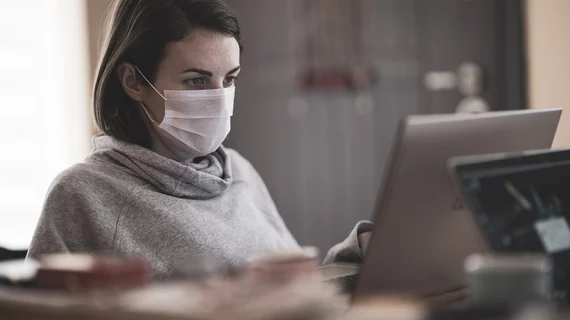Mask-wearing really did make a difference
People who wore a mask or face covering and practiced social distancing were less likely to get sick with COVID-19.
That’s according to the Axios-Ipsos Coronavirus Index, which revealed those who reported never wearing masks were twice as likely to get COVID-19. Polling for the index began in March 2020.
Among the latest findings from the index, only 11% of people who reported wearing masks outside the home tested positive for COVID-19. By comparison, 23% of respondents who never wore masks tested positive.
The findings were similar for social distancing, with just 10% of respondents who practice social distancing testing positive for COVID-19. That’s compared with 26% who said they never did.
In addition, people who wore masks also got tested for the virus more frequently. Nearly a third (30%) of mask-wearers reported getting tested, compared to 23% for those who sometimes wore masks, 20% who wore masks occasionally and 12% who never wore them. That pattern of behavior indicates there were likely more cases of COVID-19 being undetected among non-mask-wearers.
“When a group of people is getting tested less often than others but has a higher positive rate, there’s a good chance that there are other sick people who are being missed,” Axios reported.
The findings arrive just weeks after the CDC issued new guidance proposing fully vaccinated people no longer need to wear masks indoors or outdoors, except in limited circumstances. According to the agency, there have been nearly 600,000 COVID-10-related deaths in the U.S. to date.

